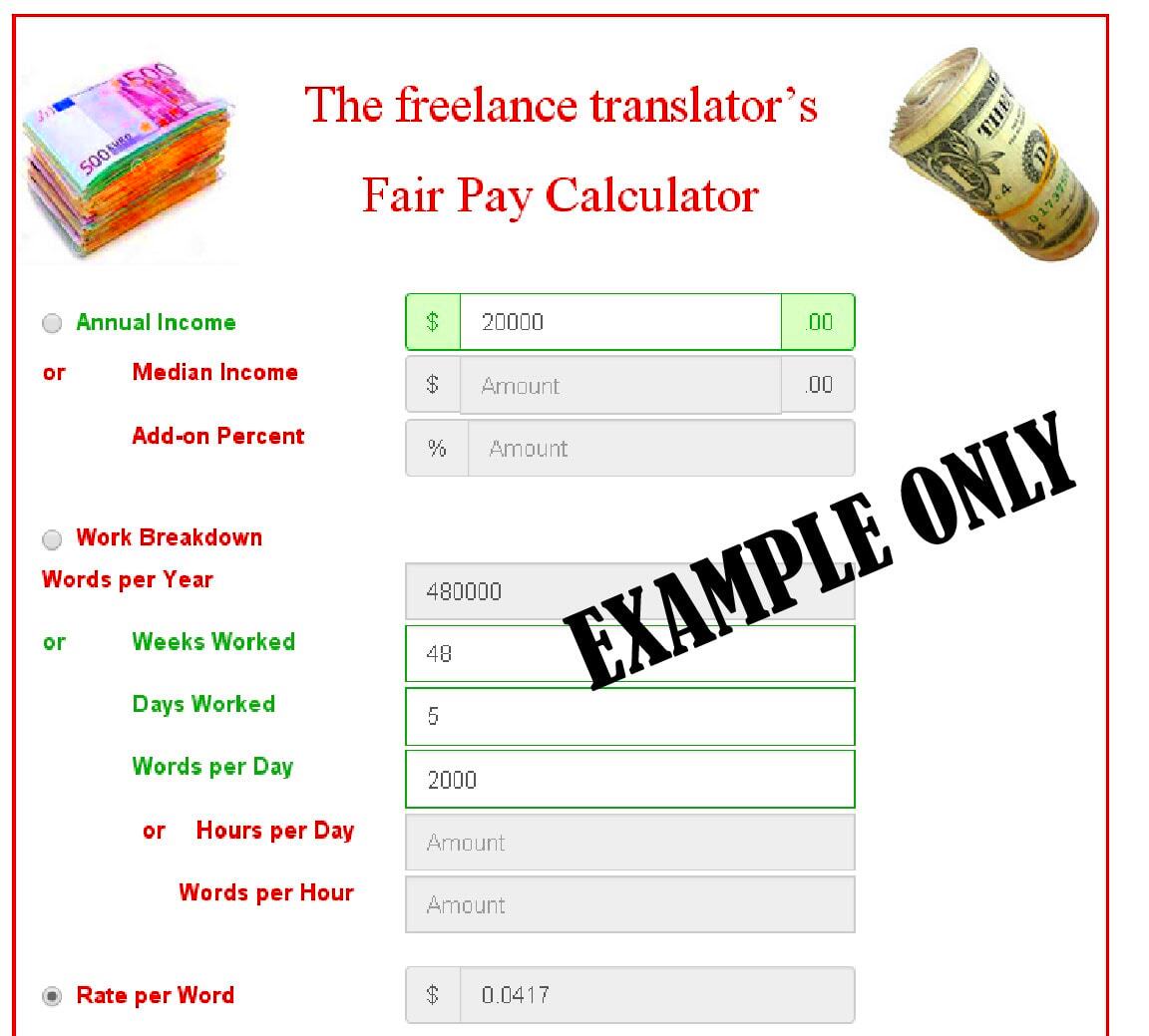Freelance interpreting is a vital service that bridges language gaps in various settings. Interpreters help people communicate effectively, whether at conferences, medical appointments, or business meetings. They convert spoken words from one language to another in real time, ensuring everyone understands the conversation. Freelance interpreters often work on a contract basis, giving them the flexibility to choose their clients and projects.
The role of an interpreter is not just about translating words. It involves understanding cultural nuances, body language, and the context of the conversation. This means interpreters need strong language skills and a deep understanding of the subject matter they are interpreting. Many interpreters specialize in fields like healthcare, legal, or technical areas, allowing them to provide precise interpretations.
Factors That Influence Interpreter Rates

The rates freelance interpreters charge can vary widely based on several factors. Here are some key influences on interpreter fees:
- Language Pair: Some languages are in higher demand than others, which can affect pricing. Rare languages may command higher rates.
- Experience and Qualifications: More experienced interpreters or those with specialized certifications often charge more due to their expertise.
- Type of Interpretation: Different settings, such as conference interpreting, medical interpreting, or legal interpreting, may have different rates due to the required skill levels.
- Location: Rates may vary based on geographic location. Urban areas may have higher costs due to demand and living expenses.
- Duration of Assignment: Longer assignments may come with negotiated rates, while short-term projects may have a premium charge.
Also Read This: How to Become a Freelance Personal Trainer
Average Charges for Different Types of Interpreting

Freelance interpreters charge different rates depending on the type of interpreting service they provide. Here’s a breakdown of average charges:
| Type of Interpreting | Average Rate per Hour |
|---|---|
| Conference Interpreting | $100 - $250 |
| Medical Interpreting | $50 - $150 |
| Legal Interpreting | $75 - $200 |
| Simultaneous Interpreting | $120 - $300 |
| Whispered Interpreting | $80 - $200 |
These rates are averages and can fluctuate based on the factors mentioned earlier. Freelance interpreters should assess their skills, the market demand, and their experience when setting their rates.
Also Read This: What is Custom Graphics in Fiverr?
How Experience Affects Interpreter Fees

Experience plays a significant role in determining how much freelance interpreters charge. Just like in many professions, the more seasoned you are, the more you can typically demand for your services. Experienced interpreters bring valuable skills and insights that can greatly enhance the quality of interpretation, making them more attractive to clients.
Here are some ways experience influences interpreter fees:
- Skill Level: Experienced interpreters have honed their language skills and cultural knowledge. This depth allows them to provide clearer and more accurate interpretations.
- Specialization: With time, interpreters often find niches where they excel. Specialized interpreters can command higher rates due to their expertise in fields like medical, legal, or technical interpreting.
- Reputation: Building a strong reputation takes time. Experienced interpreters often have a track record of satisfied clients, which can lead to referrals and repeat business.
- Professional Development: More experienced interpreters are likely to have invested in further training and certifications, which can justify higher fees.
Ultimately, clients are often willing to pay a premium for interpreters with proven experience, as they can navigate challenging situations with ease and professionalism.
Also Read This: How to Edit Your Name on Fiverr: A Step-by-Step Guide
Ways Freelance Interpreters Can Increase Their Earnings
Freelance interpreters have several strategies to boost their earnings. With the right approach, interpreters can enhance their income while building a successful career. Here are some effective methods:
- Specialize: Focusing on a niche area, such as medical or legal interpreting, can help you stand out and attract higher-paying clients.
- Expand Your Skills: Learning additional languages or dialects can open up more opportunities and allow you to charge more for your services.
- Market Yourself: Creating a strong online presence through a professional website and social media can attract new clients. Networking with industry professionals can also lead to more job offers.
- Offer Package Deals: Consider offering clients package deals for multiple sessions or ongoing services. This approach can lead to larger contracts and increased income.
- Stay Current: Keep up with industry trends and technology. Being familiar with the latest tools and techniques can make you more competitive in the market.
By implementing these strategies, freelance interpreters can increase their earning potential and establish a successful career.
Also Read This: How to Set Up a Credit Card on Fiverr
Common Challenges Freelance Interpreters Face
While freelancing as an interpreter can be rewarding, it also comes with its fair share of challenges. Being aware of these hurdles can help you navigate your career more effectively. Here are some common challenges interpreters often encounter:
- Income Stability: Freelancers may face fluctuations in income, as work can vary month to month. This inconsistency can make financial planning difficult.
- Client Acquisition: Finding new clients can be a challenge, especially in a competitive market. Effective marketing and networking are essential for success.
- Work-Life Balance: Freelancers often struggle to separate work from personal life, especially when working from home. Setting boundaries is crucial to maintain a healthy balance.
- Stress and Pressure: Interpreting can be mentally demanding. Freelancers must be able to handle high-pressure situations, which can lead to stress and burnout.
- Administrative Tasks: Freelancers must also manage their business aspects, such as invoicing, marketing, and scheduling. This can take time away from interpreting work.
Understanding these challenges can help freelance interpreters develop strategies to overcome them, ensuring a more sustainable and fulfilling career.
Also Read This: What is Meant by Revision on Fiverr?
Tips for Setting Your Rates as an Interpreter
Setting your rates as a freelance interpreter can feel daunting. You want to ensure you're compensated fairly while remaining competitive in the market. Here are some practical tips to help you determine the best pricing for your services:
- Research Market Rates: Start by researching what other interpreters in your language pair and specialty are charging. Websites like Fiverr or freelance platforms can give you a good idea of standard rates.
- Consider Your Experience: If you're new to interpreting, you might start with lower rates to build your client base. As you gain experience and expertise, you can gradually increase your fees.
- Factor in Your Expenses: Remember to account for your overhead costs, such as equipment, software, and any professional development courses. Your rates should cover these expenses while providing a profit.
- Choose an Hourly or Per-Project Rate: Decide whether you want to charge by the hour or per project. For longer assignments, a project rate may be more appealing to clients.
- Be Transparent: Clearly communicate your rates to clients upfront. This openness helps build trust and avoids misunderstandings later on.
Setting your rates is about finding a balance that works for you and your clients. Regularly reassessing your rates can also help you stay aligned with market changes.
Also Read This: How to Bid on Buyer Requests on Fiverr
Frequently Asked Questions
Many freelance interpreters have similar questions as they navigate their careers. Here are some common queries and answers that may help:
- What qualifications do I need to be a freelance interpreter? While formal certification can enhance your credibility, fluency in the languages you interpret and experience in specific fields are also essential.
- How do I find clients? Networking, building a strong online presence, and utilizing freelance platforms are effective ways to attract clients.
- Can I work part-time as an interpreter? Yes, many interpreters work part-time while balancing other jobs or responsibilities.
- What should I include in my contracts? Contracts should outline your rates, services provided, cancellation policies, and payment terms to ensure clarity.
- How do I handle difficult assignments? Preparation is key. Research the subject matter and practice specific terminology to boost your confidence.
Conclusion
Becoming a successful freelance interpreter involves understanding your worth and the market. By considering factors like your experience, specialization, and client needs, you can set competitive rates that reflect your skills. While challenges exist, the rewards of connecting people through language and culture can be fulfilling. Embrace the journey of continuous learning and professional growth, and remember that every client interaction is an opportunity to shine. With the right strategies and mindset, you can build a thriving freelance interpreting career.




